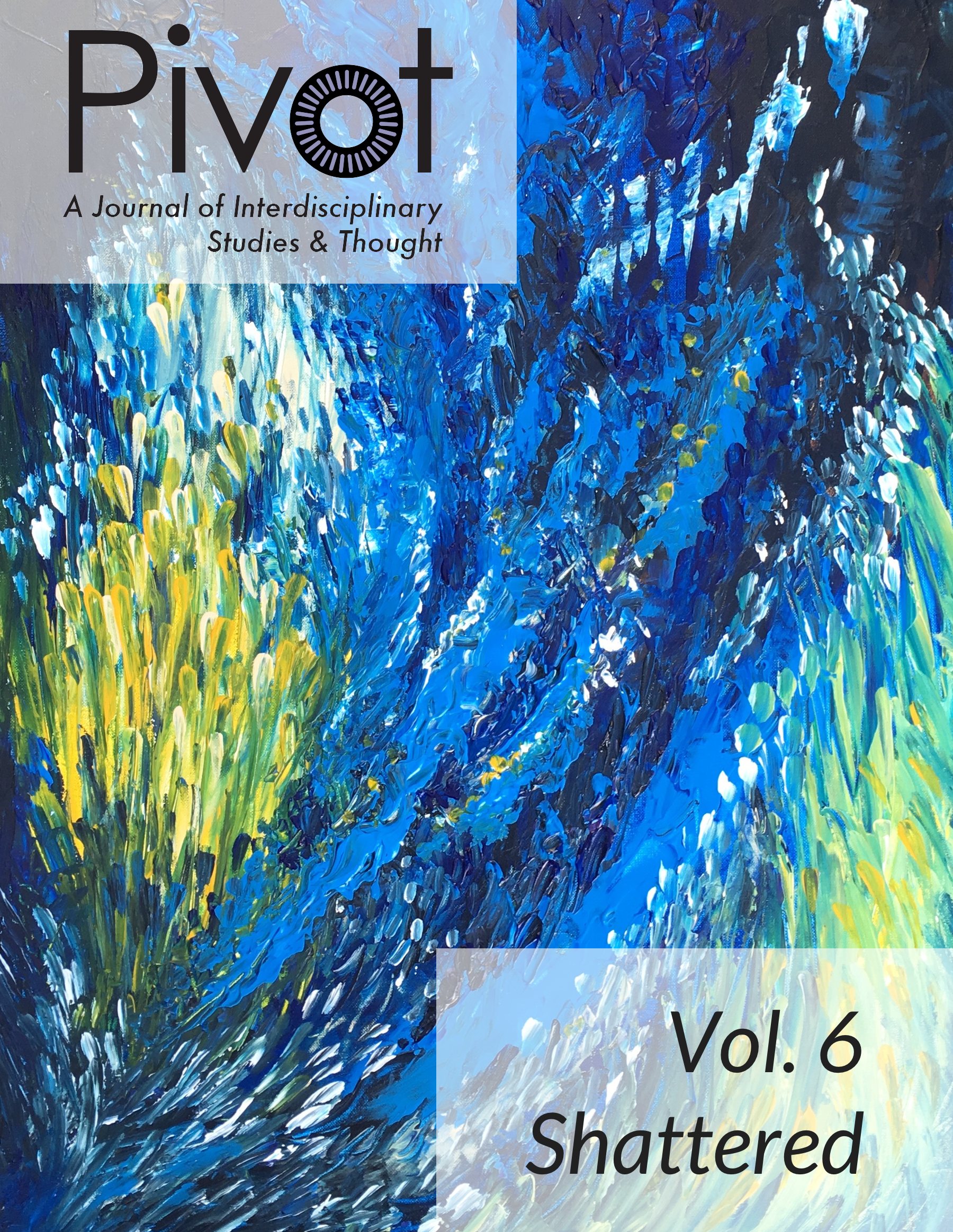Dystopian and Utopian Homecomings in Shimmer Chinodya’s Harvest of Thorns and Olley Maruma’s Coming Home
DOI:
https://doi.org/10.25071/2369-7326.40278Abstract
The two novels chosen for this paper represent divergent versions of homecoming. Most interestingly, Harvest of Thorns (1989), a victim of scathing attack by cultural nationalists for its suggestively anti-establishmentarian title, and Coming Home (2006), are novels written at different times and feature two different characters whose versions of homecoming do not agree with their particular ‘callings’. The central character in Harvest of Thorns is an ex-guerrilla of the Second Chimurenga (war of liberation that ushered in Zimbabwe’s independence in 1980) who is depicted by the author as having failed to integrate into the ‘home’ he was fighting for. This dystopian depiction of the ‘home’ to which the central character, Benjamin, comes back after the war does not agree with the clichéd rhetoric of nationalist narrative that sees the birth of the new nation in 1980 as the pinnacle of nationalist achievement. On the contrary, Coming Home was written by a euphoric homecoming author and intellectual; his narrator is also ‘coming home’ (and celebrates all the associated nationalist utopias of that period) at a period leading towards 1980. Why would Coming Home be written in 2007 at a time when the majority of Zimbabweans were exiting home? These divergent views beg for closer analysis of the texts especially focusing on how Harvest of Thorns shatters nationalist narration while Coming Home desperately reconstructs it.References
Abu-Shomar, Ayman. “Critical Spaces of Diaspora for Liquid Post-Modernity.” Journal of Postcolonial Cultures and Societies, vol. 14, no. 13, 2013, pp. 1–14.
Chikwava, Brian. Harare North. Jonathan Cape, 2009.
Chinodya, Shimmer. Harvest of Thorns. Baobab, 1989.
Gappah, Petina. An Elegy for Easterly. Faber, 2009.
Gomo, Mashingaidze. A Fine Madness. Ayebia Clarke, 2010.
Hammar, Amanda, Brian Raftopoulos, and Stig Jensen. Zimbabwe’s Unfinished Business: Rethinking Land, State and Nation in the Context of the Crisis. Weaver, 2003.
Harris, Wilson. “The Fabric of the Imagination.” From Commonwealth to Post-Colonial: Critical Essays, edited by Anna Rutherford, Dangaroo, 1992, pp. 18–29.
Hochbruck, Wolfgang. “The Changing Colours of the Enemy in Zimbabwean War Fiction.” War and Literature, vol. 6, no. 11/12, 1994, pp. 131–36.
Kanengoni, Alexander. “Ode to a Misunderstood Friend.” AllAfrica, 14 Jan. 2010, http://allafrica.com/stories/201001140721.html.
Katiyo, Wilson. A Son of the Soil. Rex Collings, 1976.
Mangena, Tendai. “Selected Zimbabwean Writings and the Politics of Counter-Discourse in Post-Independence Period.” European Journal of Humanities and Social Sciences, vol. 18, no. 1, 2012, pp. 890–902.
Marechera, Dambudzo. The House of Hunger. Heinemann, 1978.
Maruma, Olley. Coming Home. Gonamombe, 2007.
Mtizira-Nondo, Nyaradzo. The Chimurenga Protocol. Botshelo, 2008.
Mungoshi, Charles. Waiting for the Rain. Heinemann, 1975.
Muponde, Robert. “Opinion, Dialogue, Review: Unhappy Family, Unhappy Children and the End of Childhood in Dambudzo Marechera’s The House of Hunger.” Childhood, vol. 13, no. 4, 2006, pp. 519–32. DOI: https://doi.org/10.1177/0907568206068557
Muponde, Robert. Some Kinds of Childhood: Images of History and Resistance in Zimbabwean Literature. Africa World, 2015.
Muponde, Robert, and Kizito Z. Muchemwa. “Introduction: Manning the Nation.” Manning the Nation: Father Figures in Zimbabwean Literature and Society, edited by Robert Muponde and Kizito Z. Muchemwa, Weaver, 2007, pp. xv–xxiii.
Muponde, Robert, and Ranka Primorac. Versions of Zimbabwe: New Aproaches to Literature and Culture. Weaver, 2005.
Mutambara, Agrippah. The Rebel in Me: A ZANLA Guerrilla Commander in the Rhodesian Bush War. Helion, 2014.
Ndlovu-Gatsheni, Sabelo J. “Making Sense of Mugabeism in Local and Global Politics: ‘So Blair, Keep Your England and Let Me Keep My Zimbabwe.” Third World Quarterly, vol. 30, no. 6, 2009, pp. 1139–58. DOI: https://doi.org/10.1080/01436590903037424
Nyambi, Oliver. “Re-Imagining and Re-Casting ‘Us’ and ‘Them’: The Novel Coming Home and the Contemporary Resurgence of Race-Inspired Nationalism in Zimbabwe’s Past Decade.” Africana, vol. 6, no. 1, 2012, pp. 141–67.
Primorac, Ranka. The Place of Tears: The Novel and Politics in Modern Zimbabwe. Tauris, 2006.
Raftopoulos, Brian. “The Crisis in Zimbabwe, 1998–2008.” Becoming Zimbabwe: A History from the Pre-Colonial Period to 2008, edited by Brian Raftopoulos and Alois Mlambo, Weaver, 2009, pp. 201–232. DOI: https://doi.org/10.2307/j.ctvk3gmpr.15
Ranger, Terence. “Nationalist Historiography, Patriotic History and the History of the Nation: The Struggle over the Past in Zimbabwe.” Journal of Southern African Studies, vol. 30, no. 2, 2004, pp. 215–34. DOI: https://doi.org/10.1080/0305707042000215338
Vambe, Maurice T. “Race and Land Ownership in Rhodesia: Trajectories of Conflicting Nationalisms in Shimmer Chinodya’s Dew in the Morning.” Development Southern Africa, vol. 24, no. 2, 2007, pp. 257–70. DOI: https://doi.org/10.1080/03768350701327160
Veit-Wild, Flora. Teachers, Preachers, Non-Believers: A Social History of Zimbabwean Literature. Baobab, 1993.
Zhuwarara, Rino. An Introduction to Zimbabwean Literature in English. College, 2001.
Zimunya, Musaemura Bonas. Those Years of Drought and Hunger: The Birth of African Fiction in English in Zimbabwe. Mambo, 1982.

